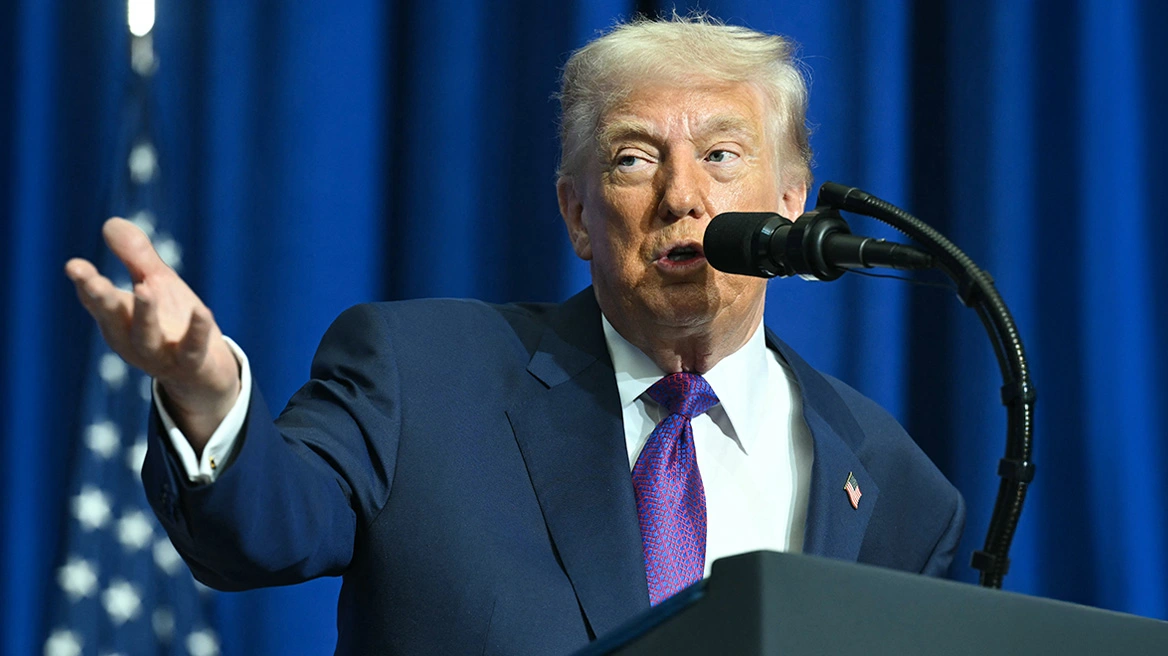While talks with Greece’s creditors on the second review of the bailout program have reached a critical phase, with the IMF embroiled in disagreements with both the its European partners and Greece, PM Alexis Tsipras is scheduled to depart for Brussels on Wednesday to take part in Thursday’s EU Summit.
The Greek PM aims to push for a political solution to the standstill in negotiations over the Greek program, and hopes to exploit the rift created between the IMF, which insists for additional harsh austerity measures and lower primary surplus targets, and the European Stability Mechanism (ESM) and the European Commission (EC), which both distanced themselves and were highly critical of the positions expressed in a recent post by the head of the Fund’s European branch Poul Thompsen on the Greek issue.
Both the ESM and the EC appear to be in support of the Greek side in its dispute with the IMF, and the Greek PM wants to sway Greece’s European lenders to either put pressure on the IMF to abandon its extreme demands concerning the adoption of tougher measures on labour matters or ditch the IMF altogether from the program.
In his attempts to take advantage of the differences between Greece’s creditors, Tsipras will meet on the sidelines of the EU Summit with French President Francois Hollande and EP President Martin Schulz, before he travels to Berlin to meet with German Chancellor Angela Merkel on Friday. Therein lies his greatest challenge, as the Germans, and especially Finance Minister Wolfgang Schauble are not keen on letting the IMF leave the Greek program, as they are bound through their parliament to keep it on the Greek program as a condition to continue to finance the bailout plan. The German side has made it clear that the Greek PM can put all matters on the table in his meeting with Merkel, but clarified that all decisions are made at the EuroGroup.
The Greek PM appears prepared to make concession by extending the “cutter” -a mechanism set up to make automatic spending cuts in the event the fiscal targets are not met- to include 2019-2020 in order to achieve a deal on the second review. However, to seems highly improbable that he would accept the specification of the austerity measures for the same period. The “threat” of early elections in Greece is a card that the Greek PM has been holding in his hands, with the atmosphere heating up, especially after his appearance on the island of Nysiros where he unleashed an attack against the IMF and announced finical support to the Aegean islands. It remains to be seen whether Tsipras will opt to follow a compromise or choose to declare snap elections of his plan fails to succeed.
Ask me anything
Explore related questions





